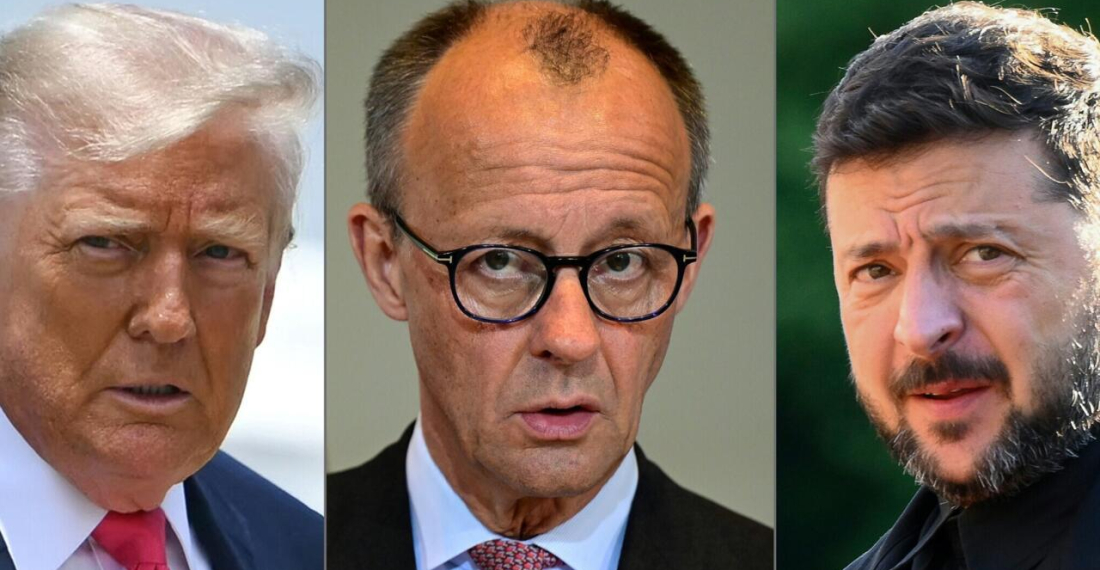Ukrainian President Volodymyr Zelensky will travel to Berlin on Wednesday (13 August) to join German Chancellor Friedrich Merz in a video call with other European leaders and US President Donald Trump. The talks, initiated by Merz, are seen as a last-ditch attempt by Europe to influence Friday's meeting between Trump and Russian President Vladimir Putin in Alaska.
Both Europe and Ukraine are concerned that commitments regarding possible agreements on the situation in Ukraine may be made on Friday. European leaders will not be present at the meeting. On Tuesday, EU leaders issued a joint statement emphasising that “the path to peace in Ukraine cannot be determined without Ukraine.”
If Putin does travel to Alaska, it will be the first face-to-face meeting between the two leaders since Russia's invasion of Ukraine began. Trump has previously expressed his frustration with Putin's resistance to an American peace plan on several occasions. Now, Trump claims that his team has made progress.
The US president previously said that Ukraine will have to give up pieces of land, and also spoke of a “possible exchange of territory” between Russia and Ukraine. Zelensky has consistently said he will not agree to this.






